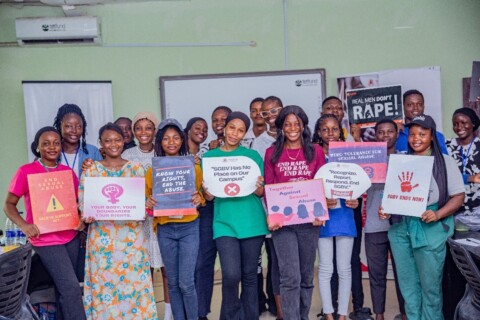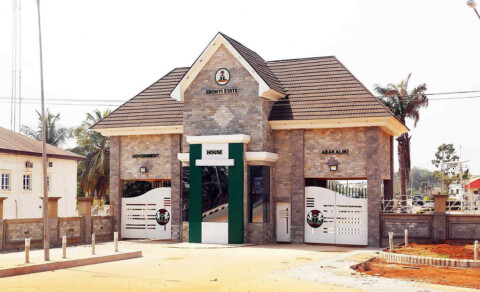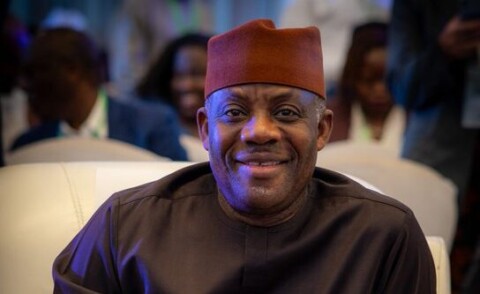The World Bank has pledged to deepen its investment in girls’ education in Kaduna State and other parts of Nigeria under the Adolescent Girls’ Initiative for Learning and Empowerment (AGILE) Project.
During an inspection visit to the Government Girls Secondary School (GGSS) in Kawo, Kaduna, the Bank’s Regional Vice President, Ousmane Diagana, emphasized the urgency of addressing the country’s high rate of out-of-school children—estimated at 18 million, with 90% of them in Northern Nigeria and the majority being girls. “AGILE is our response to this challenge, aimed at creating opportunities for girls to attend school and thrive. The long-term benefits to society will be significant,” he said.
Diagana expressed satisfaction with the presentations made by students at GGSS Kawo and assured that the World Bank will sustain and expand its support for the AGILE Project in Northern Nigeria. “You will see more of AGILE Projects everywhere,” he added.
Earlier, during a courtesy visit to Governor Uba Sani, Diagana was briefed on the World Bank’s ongoing interventions in Kaduna State, which currently amount to over $885 million across eight key projects. Governor Sani stated that Kaduna has become a model for effective implementation of donor-funded projects, thanks to strong institutional systems and consistent leadership.
According to the governor, the World Bank-funded projects are focused on improving education, healthcare, infrastructure, agriculture, environmental resilience, and social welfare, all of which align with the state’s broader development agenda.
He highlighted the impact of the AGILE Project, which has received $80 million in funding. The initiative has expanded access to secondary education for adolescent girls, achieving over 70% disbursement and notable progress in school infrastructure development and enrolment drives.
Governor Sani also cited other completed and ongoing World Bank-supported programmes:
- Accelerating Nutrition Results in Nigeria (ANRiN): A fully disbursed $17 million project that improved nutrition services for pregnant and lactating women, adolescents, and children, contributing to reduced maternal and child mortality.
- Nigeria COVID-19 Action Recovery and Economic Stimulus (NG-CARES): A $20 million project supporting vulnerable households and small businesses. Approximately 45% of the funds have been disbursed and utilized.
- Agro-Climatic Resilience in Semi-Arid Landscapes (ACReSAL): Drawn from a $700 million national pool, this project addresses land degradation and promotes climate resilience. Kaduna has so far accessed over $5.8 million.
- Kaduna State Rural Access and Agricultural Marketing Project (KADRAAMP): A $20 million rural infrastructure project aimed at improving access to agricultural markets. About half of the funds have been disbursed.
- Sustainable Urban and Rural Water Supply, Sanitation, and Hygiene (SURWASH): Kaduna’s share of the $700 million programme is progressing well, with over $4.2 million already accessed.
Governor Sani reaffirmed Kaduna’s commitment to strengthening its collaboration with the World Bank and exploring new areas of partnership to drive inclusive and sustainable development across the state.





